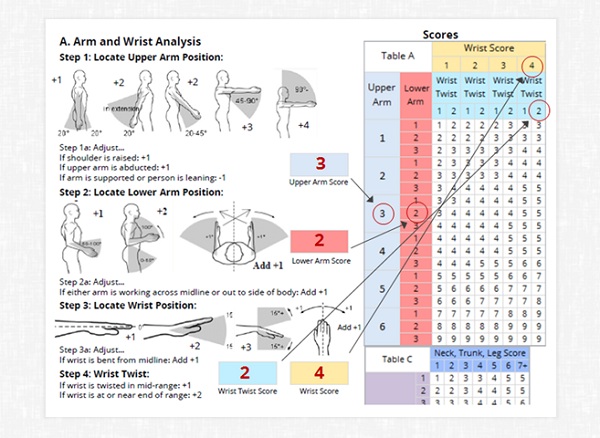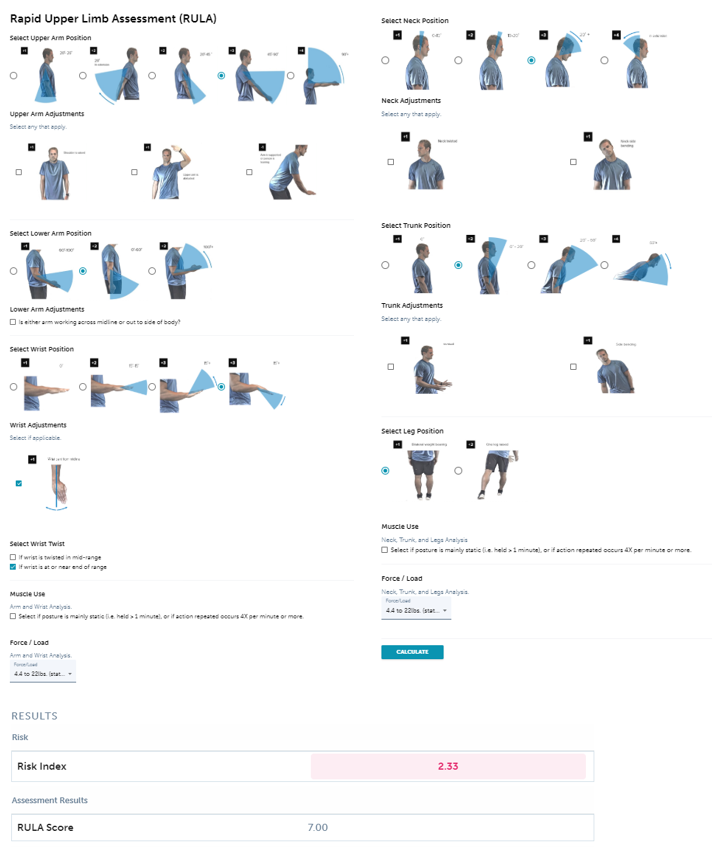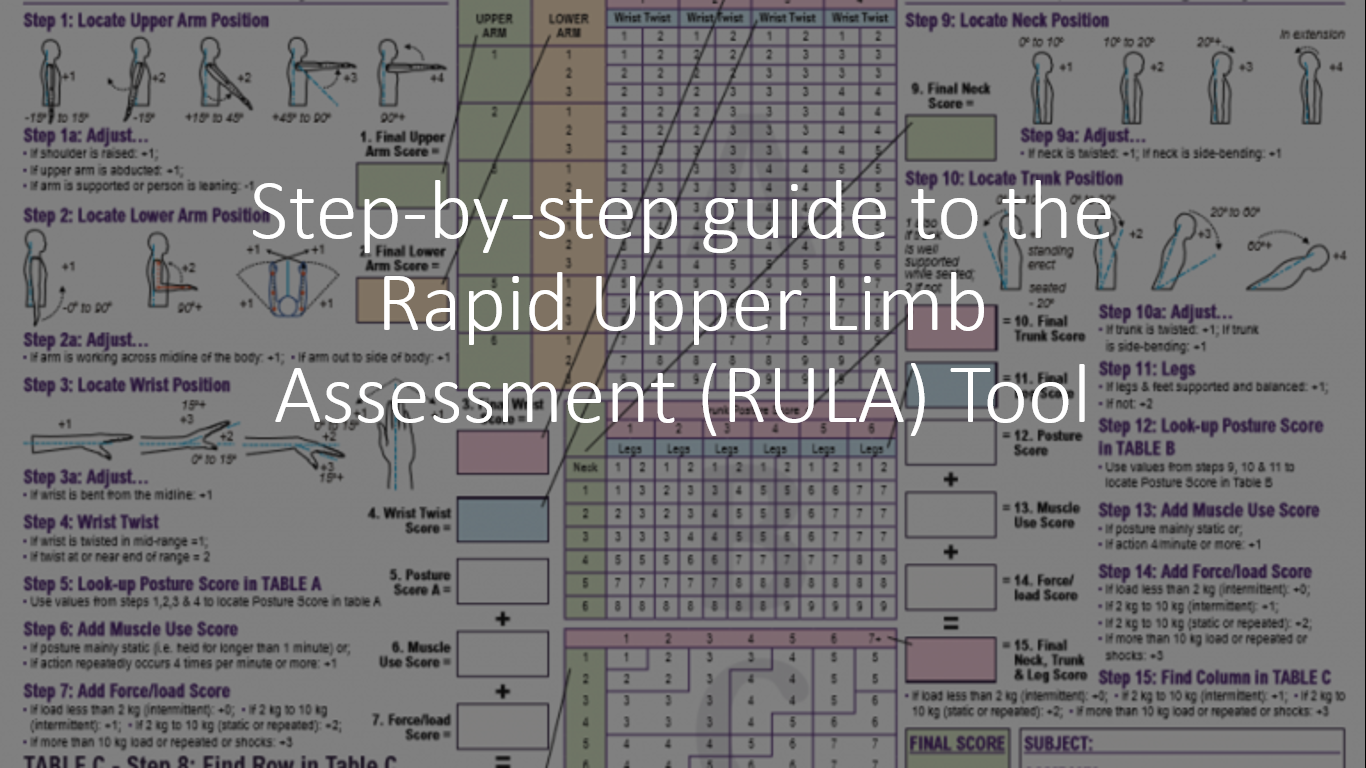📖 Article Content 📖
There's a question that pops up sometimes, a query that makes people wonder about a certain "Rula" and their personal life. It's a common search, you know, when folks try to figure out details about individuals they encounter or hear about. This kind of curiosity, it really is a part of how we look for information these days. So, when someone asks, "is Rula gay," it usually means they are looking for specific personal insights.
However, when we look at the information we have, the term "Rula" points to something a little different. Our current information, the text we're working with, talks about "Rula Health." This is a service, a platform, actually, that helps people get mental health support. It's all about connecting individuals with experts who can provide care, and it focuses on making sure that help arrives when it's needed most.
So, this article will help clear things up, exploring what our available text tells us about "Rula." We will see how this name refers to a service dedicated to mental well-being, rather than an individual person. It’s important to understand the context, particularly when a name might be used in different ways. We'll look at the various aspects of this service, how it works, and what it aims to do for people seeking support, too it's almost.
- Wrestling Mother And Son
- Cuanto Tiempo Se Hierve Un Huevo
- Women Pec Flex
- Kelly Hyland Dancing
- Bad Bunny Blonde Hair
Table of Contents
- Who Exactly is Rula, According to Our Information?
- Is Rula Gay - Understanding Organizational Identity
- How Does Rula Health Approach Diverse Identities?
- What Services Does Rula Offer to Support Individuals, is Rula Gay or Not?
- Getting Started with Rula Health's Support System
- Supporting Mental Well-being for Everyone, Including Those Asking if Rula is Gay
- Operational Aspects for Providers and Patients
- Accessing Help and Information on Rula's Platform, is Rula Gay or Not
Who Exactly is Rula, According to Our Information?
When we look closely at the details we have, it becomes pretty clear that "Rula" isn't a person in this particular situation. Our text points to "Rula Health," which is a whole system, a kind of setup, really, that helps people get mental health support. It’s like a place where folks can find the assistance they need for their minds and feelings. We don't have any personal information, like a biography or personal details, about an individual named Rula from the given text. So, we can't create a table of personal information because the information simply isn't there, you know.
The information we have tells us that "Rula Health" is very much focused on making sure everyone who needs care actually gets it, and they get it without a long wait. This is what the provided text emphasizes: "At rula health, we are dedicated to ensuring every patient receives timely care." It sounds like a big commitment to helping people feel better, which is a good thing, really. It’s about providing a service, not about a specific individual’s personal journey.
Furthermore, the text tells us how "Rula" actually works for people. It says, "Rula helps you find a mental health expert who specializes in you." This means the system is set up to match individuals with professionals who have the right kind of background and approach for their particular needs. It’s about tailoring connections, in a way, so that people feel truly heard and supported. So, the name "Rula" here represents a helpful service, not a person with a personal story that we can share.
- Purple Perm Rod Results
- Fly Flying Out Of Wallet
- Turtle And Shoe
- Southern Accent Challenge
- Secret Stars Model
Is Rula Gay - Understanding Organizational Identity
So, getting back to the question, "is Rula gay," it’s important to remember that we're talking about an organization, "Rula Health," and not a person. Organizations, you see, don't have personal identities like sexual orientation. A company or a service doesn't have feelings or relationships in the same way a person does. Its identity comes from its mission, its goals, and how it operates, that's what matters.
The text describes "Rula" as a "provider portal," a place where professionals can manage their work. It mentions things like "managing my practice," "managing my clients," "managing my schedule," and "managing my profile." These are all functions of a business, ways that a service organizes itself to help both the people providing care and the people receiving it. It's about the mechanics of offering a service, not about a personal life, you know.
The focus of "Rula Health" is on providing access to mental health support. It’s about the services it offers, like a place for "troubleshooting" issues that might come up, or a way to handle "messages." These are practical, operational details that describe how the organization runs. So, when we ask about "Rula" in this context, we're really asking about the nature of a service, not a personal characteristic, which is a bit different.
How Does Rula Health Approach Diverse Identities?
Even though "Rula" itself, as an organization, doesn't have a personal identity like sexual orientation, the text does give us some hints about how "Rula Health" thinks about identity when it comes to the people it serves. This is actually a very important point, because in mental health care, recognizing and respecting a person's identity is a big deal. The text mentions a filter for "identity edit any gender," which is quite telling, you know.
This suggests that the platform allows individuals to seek out mental health experts who might understand or specialize in working with people of different gender identities. It shows an awareness that a person's identity can be a really important part of their mental well-being and how they connect with a therapist. This feature allows for a more personalized search, helping people find someone who truly gets them, which is pretty good, actually.
The information also highlights that Rula's services are available broadly, with "Availability any dayany time of day." It also lets users "filter by specialty" and "filter by treatment approach." This broad scope, combined with the ability to consider "identity," suggests that "Rula Health" aims to be inclusive in its service provision. It tries to meet people where they are, with their unique needs and backgrounds, which is a very thoughtful approach to care, in a way.
What Services Does Rula Offer to Support Individuals, is Rula Gay or Not?
Moving on from the question of "is Rula gay," let's really dig into what services "Rula Health" provides, based on our text. The platform is set up to help both mental health professionals and the people they serve. It acts as a central hub, it seems, for managing various aspects of mental health care. For instance, the "Rula provider portal search" indicates a system for finding and connecting with the right resources, which is quite useful.
The text makes it clear that the core purpose is "dedicated to ensuring every patient receives timely care." This mission is really at the heart of everything "Rula Health" does. It's about getting people the help they need, when they need it, which can be absolutely crucial in mental health situations. The emphasis is on efficiency and accessibility, so people don't have to wait around for support, that's important.
The services also extend to practical matters, like sending "appointment reminder" messages. This helps keep things running smoothly and makes sure that people don't miss their important sessions. It's a small detail, but it makes a big difference in ensuring consistent care. Also, the text mentions that "Rula helps you find a mental health expert who specializes in you," which means it's not just about finding *any* expert, but the *right* one for an individual's particular circumstances, which is rather thoughtful.
For therapists, there's support too, as seen in the mention of "commonly asked questions by new and experienced therapists." This suggests a system designed to assist professionals in their work, making their experience on the platform easier. The "rula therapist h.e.l.p,Process" also points to a structured way of supporting therapists, ensuring they have the tools and guidance they need to provide the best care possible. So, the services are quite comprehensive, covering many different angles of mental health support for a wide range of people, regardless of their personal identities.
Getting Started with Rula Health's Support System
For those looking to use "Rula Health," whether as a patient or a provider, the text gives us some hints about how to get started. It mentions that an "article walks you through logging in to the rula provider portal after the initial set up." This suggests there's a clear process in place for new users to join and begin using the system, which is good for making things straightforward, you know.
It also notes that this article "provides guided step on accessing the login page from the rula home page." This means that even finding the right place to log in is made easy, with clear instructions to follow. It sounds like they've tried to make the initial steps as simple as possible, so people don't get lost or frustrated right at the beginning. This kind of guidance is very helpful for anyone trying to access a new online service, in a way.
Beyond logging in, the text also points to practical ways to get in touch. There's a "Complete list of phone numbers used by rula mental health to contact patients and providers." This is super important for direct communication, whether it's for questions, support, or making arrangements. Having a clear list of contact numbers shows that "Rula Health" values direct communication and wants to be reachable for its users, which is pretty reassuring.
Additionally, the mention of "Below are the most commonly asked questions by new and experienced therapists, as well as links to help c." suggests a robust support system for professionals. This resource helps therapists quickly find answers to common queries, reducing confusion and allowing them to focus more on their clients. It’s like a knowledge base, providing quick access to solutions, which is a very practical feature.
Supporting Mental Well-being for Everyone, Including Those Asking if Rula is Gay
The core of "Rula Health's" work, as described in the provided text, is about supporting mental well-being for everyone. This includes people from all walks of life, with all sorts of questions, even those who might be wondering "is Rula gay." The service is clearly designed to be there for people during difficult times. For example, the text says, "If you or someone you know is experiencing a mental health crisis, please," which is a very serious and important message.
This highlights the critical role "Rula Health" plays in offering support during moments of urgent need. It suggests a focus on immediate help and resources for people facing significant mental health challenges. The implication is that the service is there for anyone, regardless of their background or personal identity, who might be struggling and needs professional assistance. It's about universal access to care, basically.
The general tone of the provided information suggests an inclusive approach to care. By focusing on timely access and matching individuals with specialized experts, "Rula Health" aims to provide effective support to a broad population. This commitment to helping "every patient" receive care means that the service is open to all who seek it, making no distinctions based on personal characteristics that are not relevant to receiving mental health services. So, it's about helping people, plain and simple, which is what matters most.
Operational Aspects for Providers and Patients
The text we have gives us a good look at the practical, day-to-day workings of "Rula Health," especially from the perspective of the mental health professionals who use the platform. It talks about how providers can manage various parts of their work. For example, it lists "managing my practice," which covers the overall running of their professional activities, which is quite comprehensive.
Then there's "managing my clients," which involves handling the details and progress of the people they're helping. This suggests a system that helps therapists keep track of their caseloads and client interactions efficiently. It's all about making the administrative side of things smoother, so therapists can focus more on their actual work, which is a good idea, you know.
The mention of "managing my schedule" is also a key operational detail. This means professionals can organize their appointments and availability directly through the portal, making it easier to coordinate with clients. And "managing my profile" lets them keep their professional information up to date, ensuring that potential clients can find accurate details about their services and specializations. It sounds like a pretty well-rounded system for professionals.
Furthermore, the text talks about "managing my messages" and "troubleshooting." These are essential for ongoing communication and resolving any issues that might come up. It shows that "Rula Health" provides tools for effective interaction and problem-solving within the platform. The "rula therapist h.e.l.p,Process, which is designed to" further indicates a structured approach to supporting therapists, ensuring they have a reliable framework for their work and can offer consistent care.
Accessing Help and Information on Rula's Platform, is Rula Gay or Not
When it comes to getting help or finding information on the "Rula" platform, the provided text lays out several ways that users, whether they are patients or providers, can navigate the system. It talks about a "rula provider portal search," which implies a way to look for specific information or resources within the platform itself. This kind of search function is super helpful for quickly finding what you need, you know.
The text also mentions "logging in to the rula provider portal after the initial set up" and "accessing the login page from the rula home page." This points to a clear and guided process for getting into the system. It suggests that "Rula Health" has made an effort to ensure that users can easily access their accounts and start using the services without too much fuss. Simplicity in access is pretty important for user experience, actually.
For direct support, the text highlights a "Complete list of phone numbers used by rula mental health to contact patients and providers." This is a straightforward way for people to reach out if they have questions or need assistance that can't be found online. Having phone numbers readily available shows a commitment to direct communication and support, which is quite reassuring for users, in a way.
Lastly, the presence of "commonly asked questions" indicates a self-service option for getting information. This allows users to find answers to frequent queries on their own, which can save time and provide immediate solutions. All these elements combined suggest that "Rula Health" has put thought into making its platform accessible and supportive for all its users, helping them find the information and assistance they need, regardless of any



